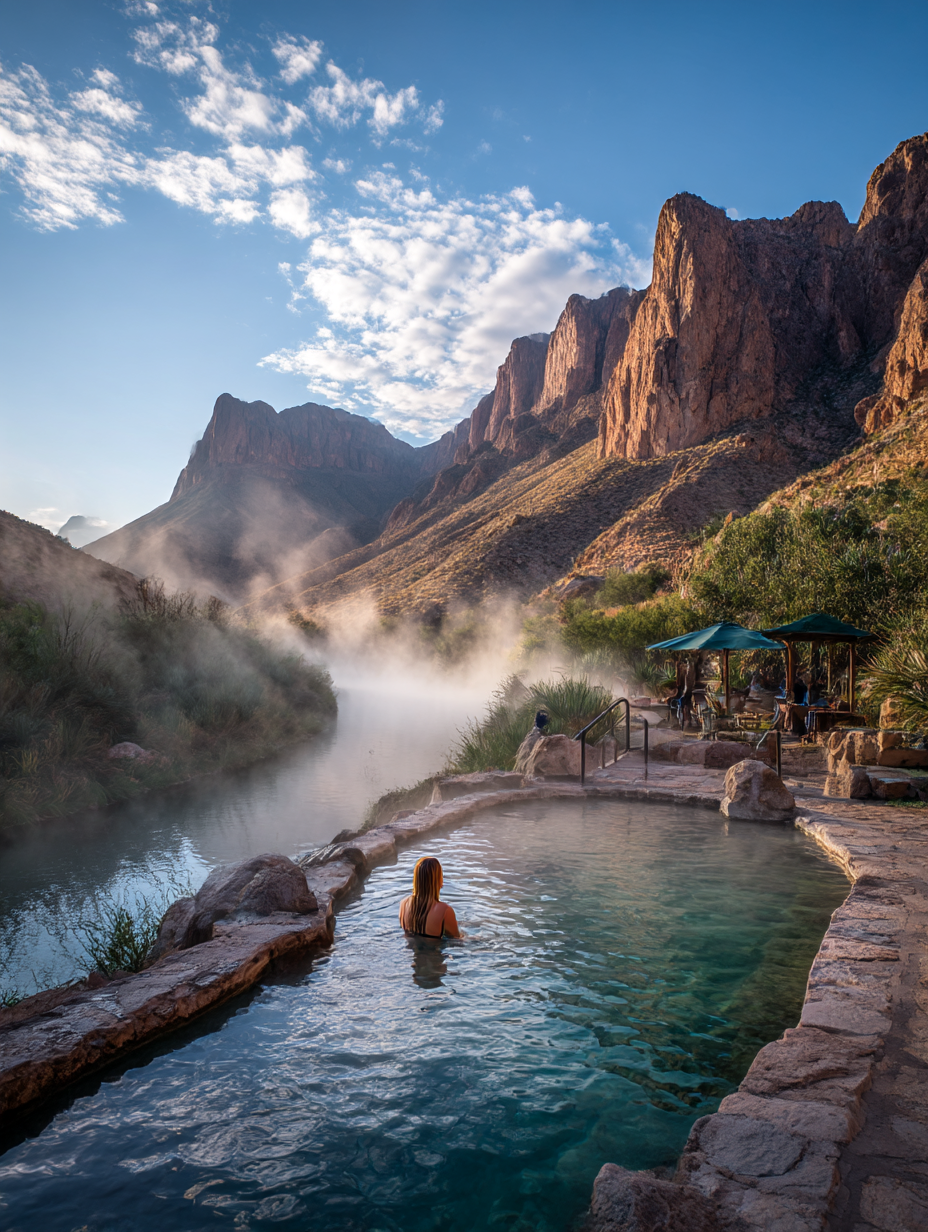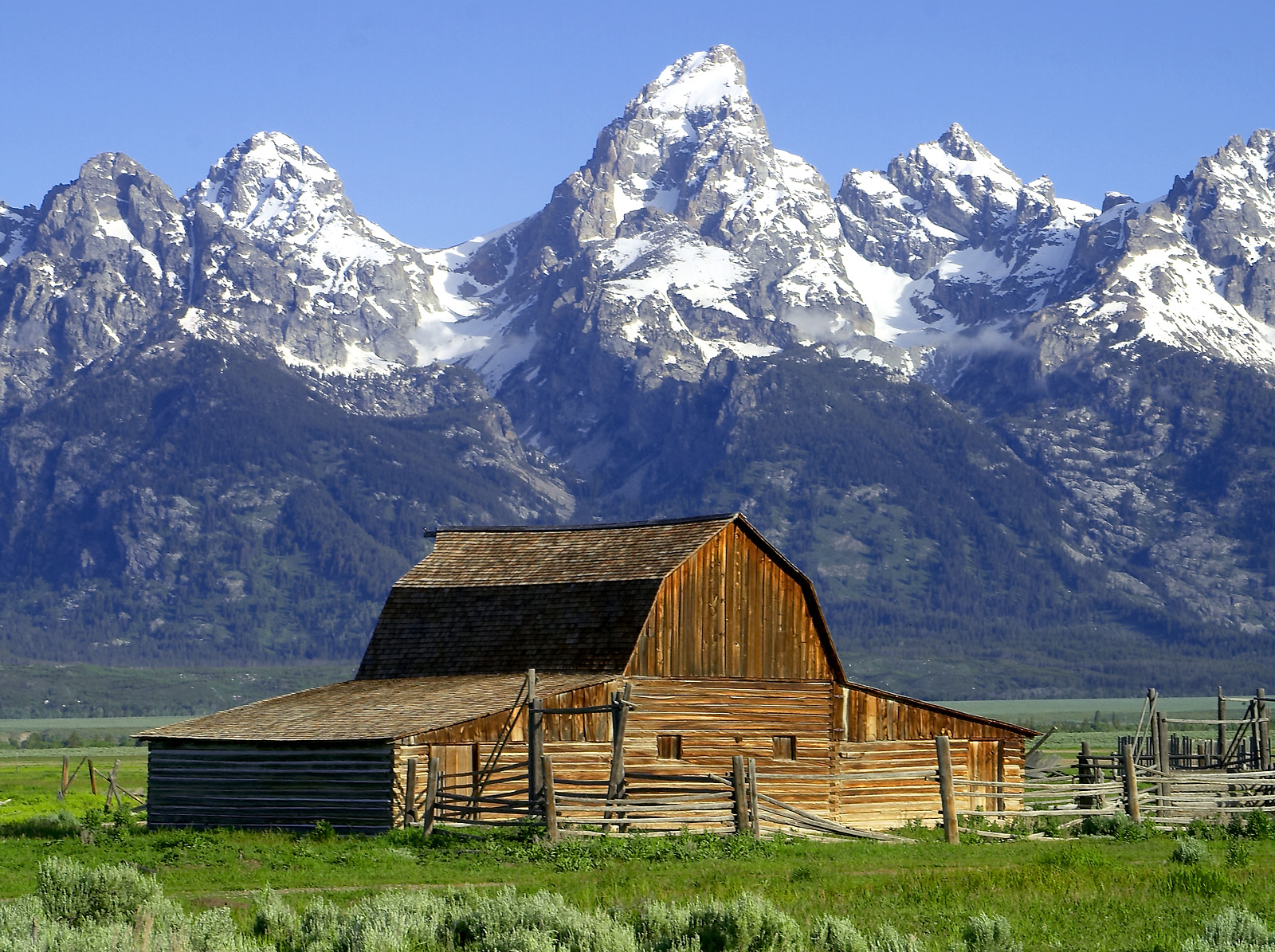If you're planning a camping trip, the size of your vehicle can significantly impact your booking strategy. Whether you're in a compact RV, a sprawling fifth wheel, or a classic tent, knowing when to book can make the difference between snagging that perfect campsite or scrambling for last-minute spots.
Our data analysis reveals a clear trend: the longer the vehicle, the more likely it is to be booked well in advance. This means that if you're driving a larger rig, you’ll need to plan ahead, as these campers are less likely to leave their reservations to the last minute.
Key Insights
- Longer Vehicles Book Earlier
- For equipment lengths of 30+ feet, over 58% of reservations are made 3+ months in advance. This is the highest among all equipment lengths.
- In contrast, smaller vehicles or tents have a more balanced distribution across booking windows. For example, for equipment lengths of less than 14 feet, the percentage booking 3+ months in advance drops to around 39%, with a substantial 35% booking within one week of their trip. This is great for last minute tent campers and those with smaller trailers or camper vans!
- The Week-of Booking Trend
- Across all categories, there's a noticeable spike in last-minute bookings. Despite the tendency to book early, around 35% of reservations for smaller rigs (less than 14 feet) and tents are made within one week of the trip. This trend holds across different site categories, indicating that snagging a last minute cancellation is easiest for smaller vehicles.
- The Impact of Vehicle Size on Flexibility
- As vehicle size increases, flexibility in booking windows decreases. For example, vehicles 30+ feet long are rarely booked last minute, with less than 16% of these reservations made within the week of the trip. This makes sense since people with larger vehicles often need to plan ahead of time, reducing the likelihood of last-minute planning.
Source: recreation.gov reservation data
Detailed Breakdown by Equipment Length
1. Less than 14 Feet
- 3+ Months Out: 39% of bookings.
- Within 1 Week: 35% of bookings.
- These campers tend to be the most flexible, with significant booking activity across all windows.
2. 14 to 19 Feet
- 3+ Months Out: 36% of bookings.
- Within 1 Week: 35% of bookings.
- A similar pattern to the smallest category, but with slightly higher advance bookings.
3. 20 to 23 Feet
- 3+ Months Out: 41% of bookings.
- Within 1 Week: 31% of bookings.
- This category starts to show a preference for early planning, with more than 40% booking well in advance.
4. 24 to 30 Feet
- 3+ Months Out: 57% of bookings.
- Within 1 Week: 21% of bookings.
- A noticeable jump in early bookings, reflecting the need for planning when using larger equipment.
5. 30+ Feet
- 3+ Months Out: 58% of bookings.
- Within 1 Week: Only 16% of bookings.
- The most extreme case of advanced planning. These campers almost always book early to ensure a suitable campsite for their larger vehicles.
Conclusion
The data clearly shows that the larger the vehicle, the earlier the booking. If you're planning to camp in a larger RV, it's wise to secure your spot several months in advance. For those with more compact setups, you have a bit more flexibility, but remember that last-minute bookings can be risky, especially during peak seasons.
So, whether you're an early planner or a spontaneous traveler, understanding these trends can help you make the most of your camping experience. Happy camping!





